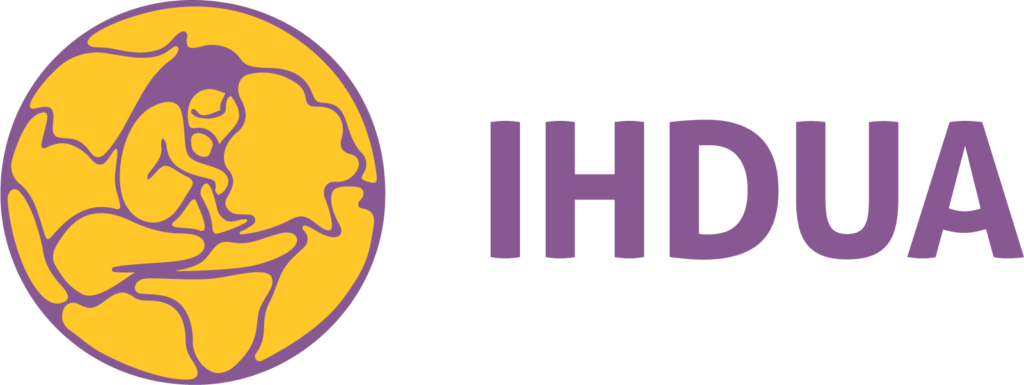Microfinance Initiative
Mission: Support community-driven investment activities on behalf of rural women
More than 5000 women have benefited from our programs
Purpose
IHDUA’s Microfinance Initiative makes it possible for rural women to become informed financial decision-makers who have access to loans at competitive rates, which they may use for their family’s health, education and livelihood needs.
Decoupling Communities from Informal Lenders
In the past, when a family’s expenses were strained by medical bills, tuition fees, or any other sudden costs that could not be met by available financial resources, the men and women living in the villages we serve could borrow money from two sources: banks or informal lenders. Banks offered competitive interest rates and were subject to government oversight, but their bureaucratic nature and physical remoteness from the villages made them difficult to access. Furthermore, loan officers were unlikely to approve new lines of credit to individuals who had a family member that had previously defaulted on a loan.
Informal lenders were much closer at hand, often operating in the very villages where prospective borrowers lived. They were also quicker to extend loans, as long as some suitable form of collateral were offered in exchange, such as livestock or the deed to the family plot of land. However, these loans carried steep interest rates of five to ten percent per month, greatly increasing the prospect that borrowers would fail to clear the debt and thus suffer the ruinous loss of their collateral. In practice, the consequences of defaulting more severe: borrowers were given the “opportunity” to repay the lenders as bonded laborers. Borrowers, their spouses and even their children would be required to carry out demanding farm work and domestic chores as and when it was deemed necessary by the lender, for as long as the lender demanded such service.
In front of this backdrop, the IHDUA team worked with village women to create an equitable path to financial independence for rural families through a process that provides financial literacy training, access to capital and confidence-building practical experience for thousands of rural women.
Self-Help Groups
At the heart of the Microfinance Initiative are the self-help groups, which are comprised of ten to twenty women living in a single village. Under the guidance of our field team and local volunteers, these women complete a training seminar that describes the goals and rules of the newly-formed group. Furthermore, they each commit to invest a nominal sum of money (INR 10) on a weekly basis into a pooled fund that is deposited into a bank account opened in the name of the self-help group. Two members are nominated to represent the group, and they are given supplementary training to prepare them for the additional responsibilities of maintaining group activity records and interfacing with bank officials.
Ramping up Access to Capital
Members of a newly-formed self-help group are eligible to take out loans from the pooled savings account after making contributions to the fund for three months. Once a history of timely repayment by group members is established, IHDUA deposits a loan into the group’s bank account in the amount of three times the balance of the group’s savings account or INR 3000 per member, whichever is larger. Members collectively review and approve loan requests made against the group’s resources at their own discretion. If the initial loan from IHDUA is repaid in a timely manner, a second loan is issued at a larger multiple of the group’s savings account balance. Once IHDUA has completed four such lending rounds, that group is authorized to take out loans directly with the bank without any further intervention by the IHDUA team.
Throughout this process, group members learn in a guided, hands-on way how to manage their financial affairs responsibly. And because all financial transactions between the self-help group and IHDUA take place via the group’s own bank account, the self-help group is continuously and transparently developing a positive history of creditworthiness
Impact
Today, 600 self-help groups are operating in 59 villages in the south Indian state of Karnataka. Of these, 492 are composed entirely of women. Approximately 5000 people have completed training seminars since the program was started in 2001. The total value of loans historically issued to all self-help groups is INR 10 crores (unadjusted for inflation), with a repayment rate exceeding 90%. The total savings held by all self-help groups as of January 2022 is INR 4.36 crores.

